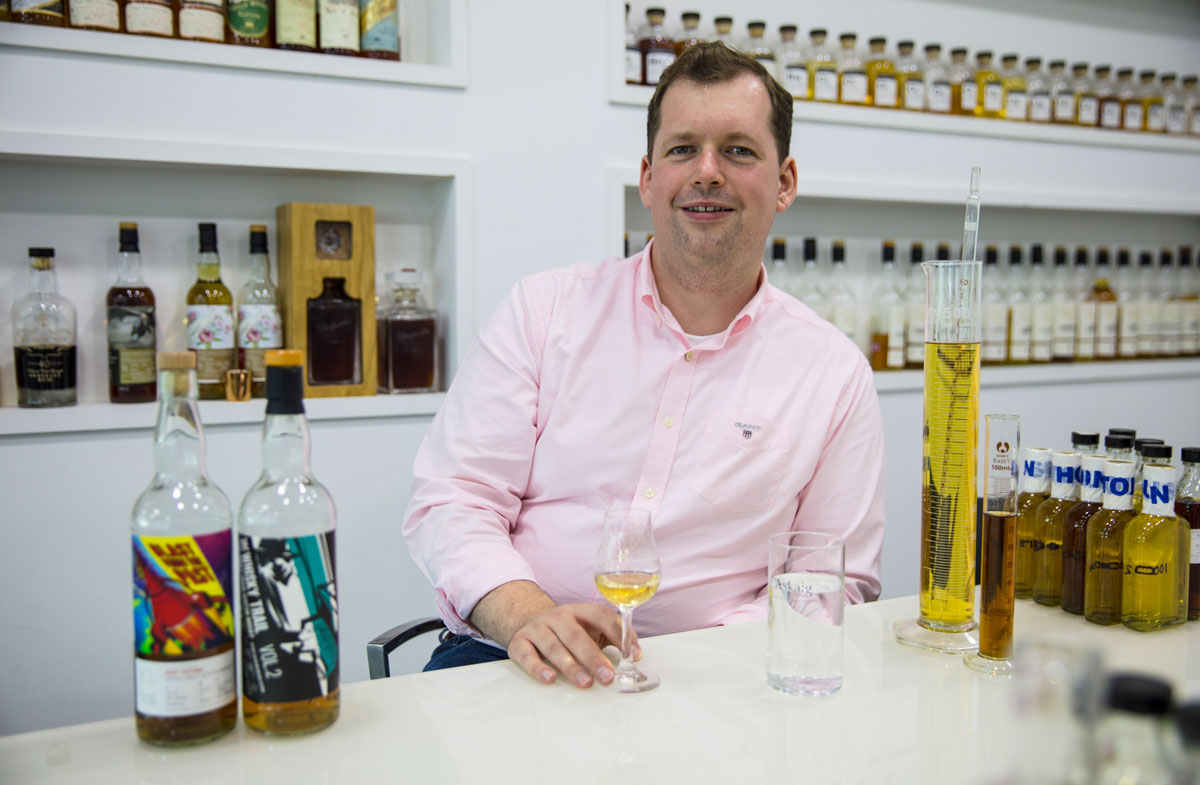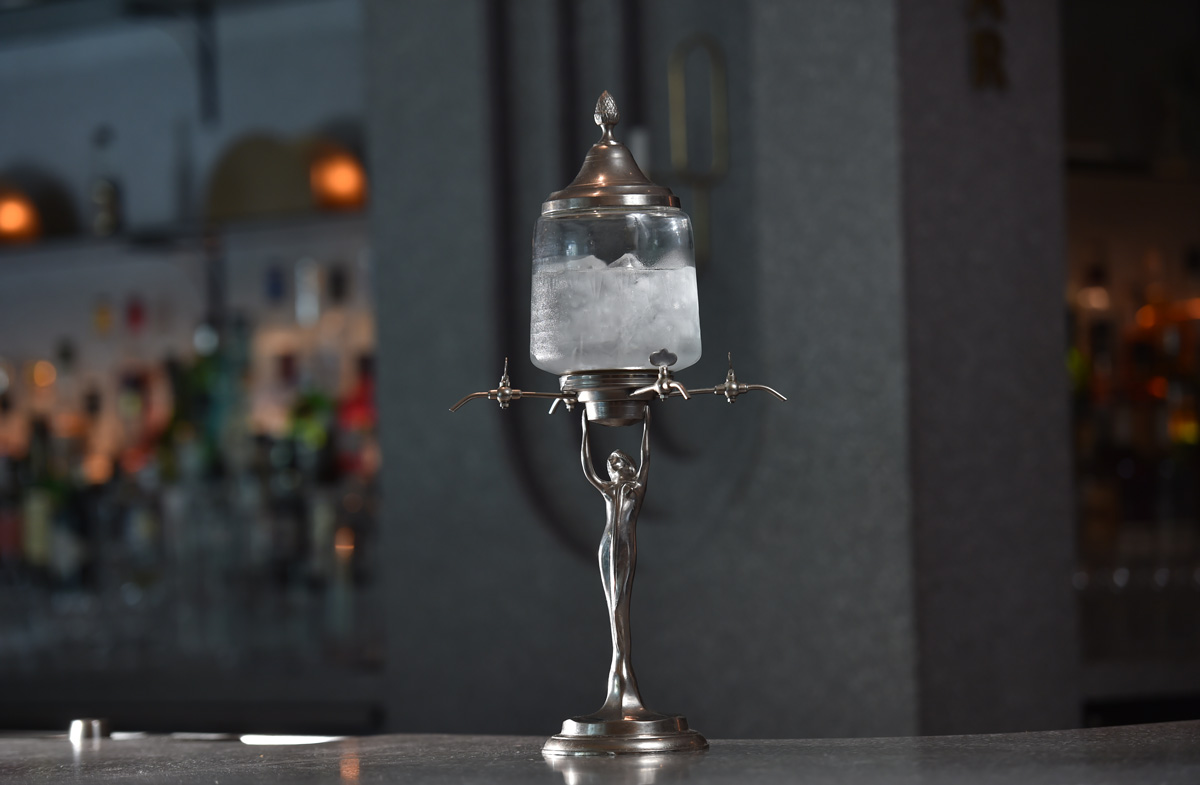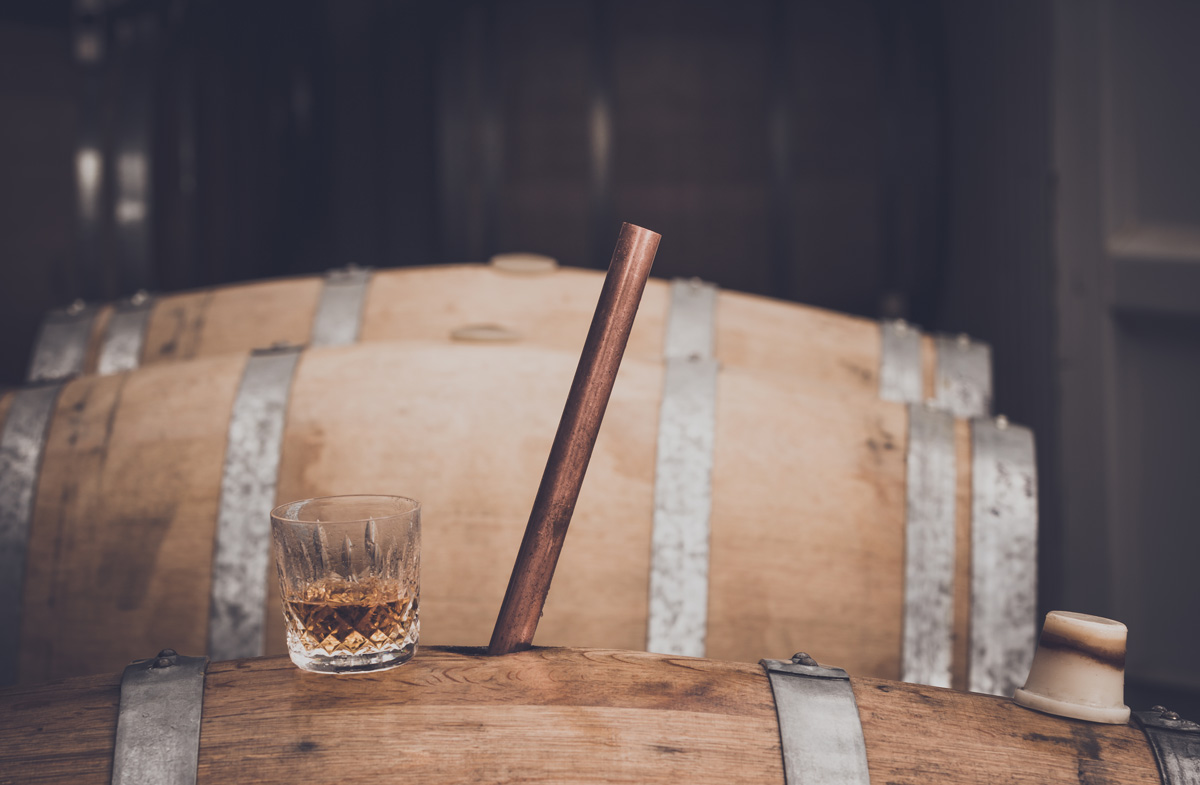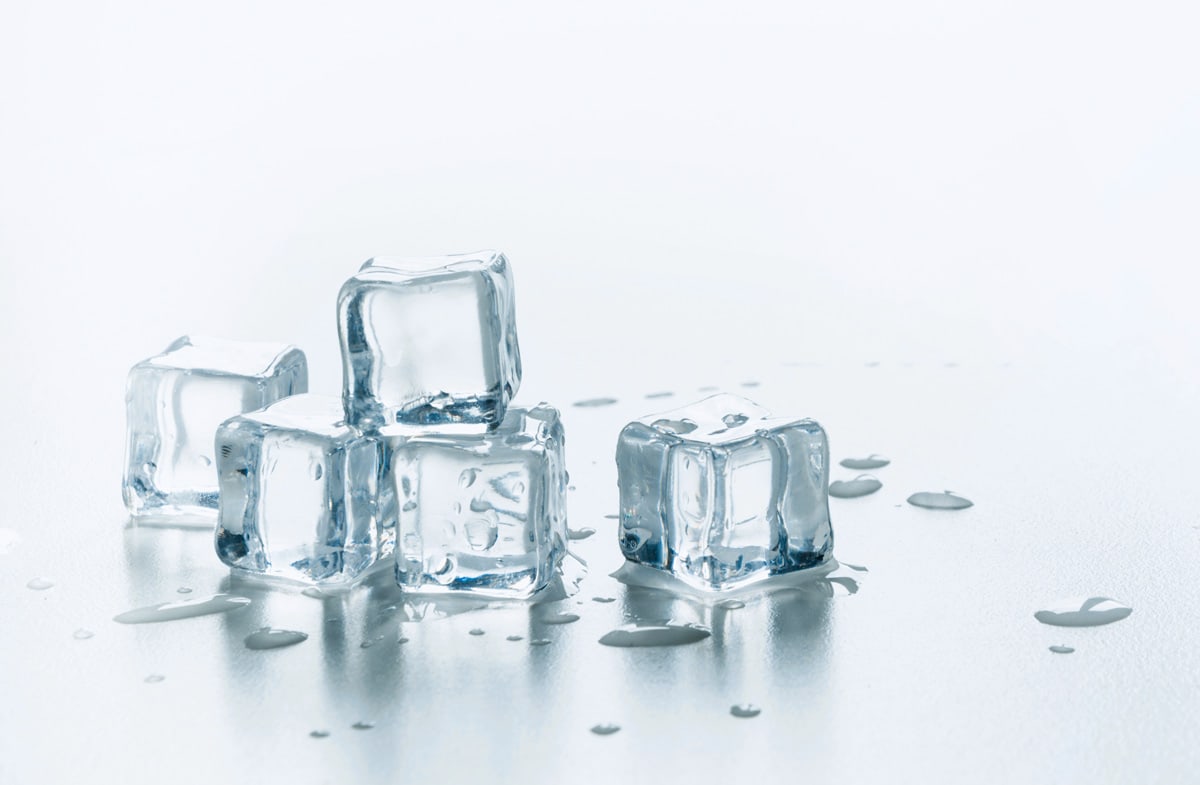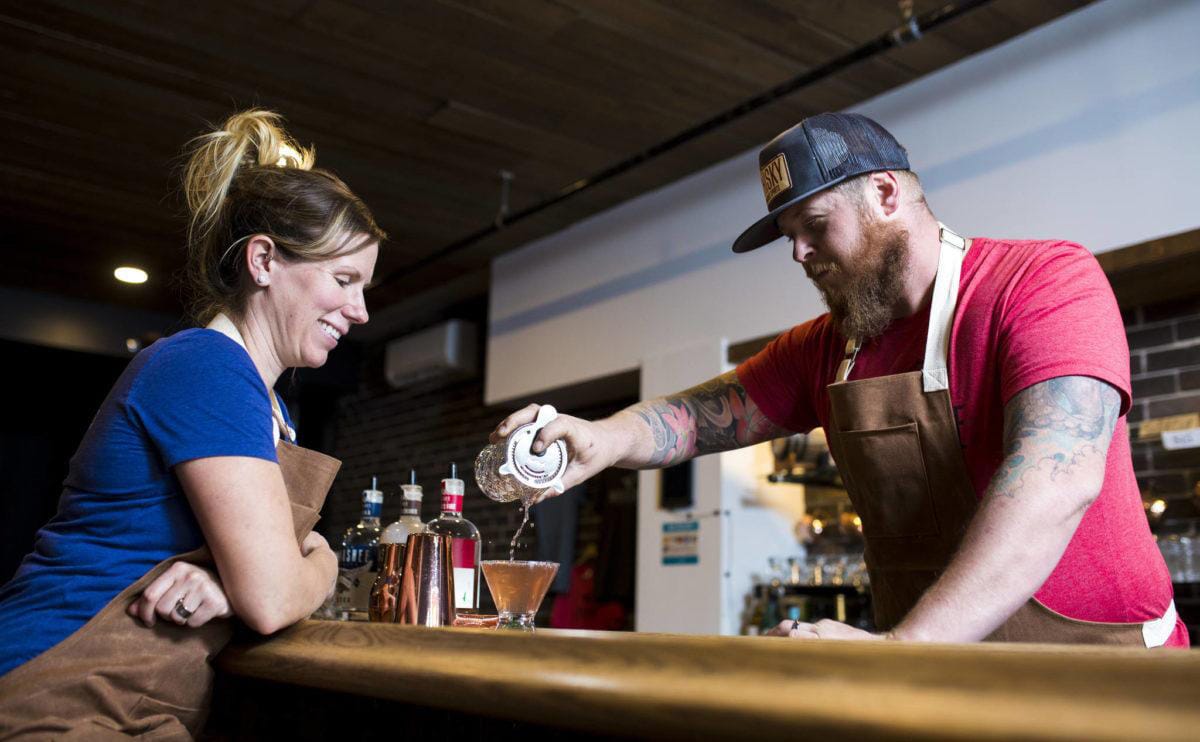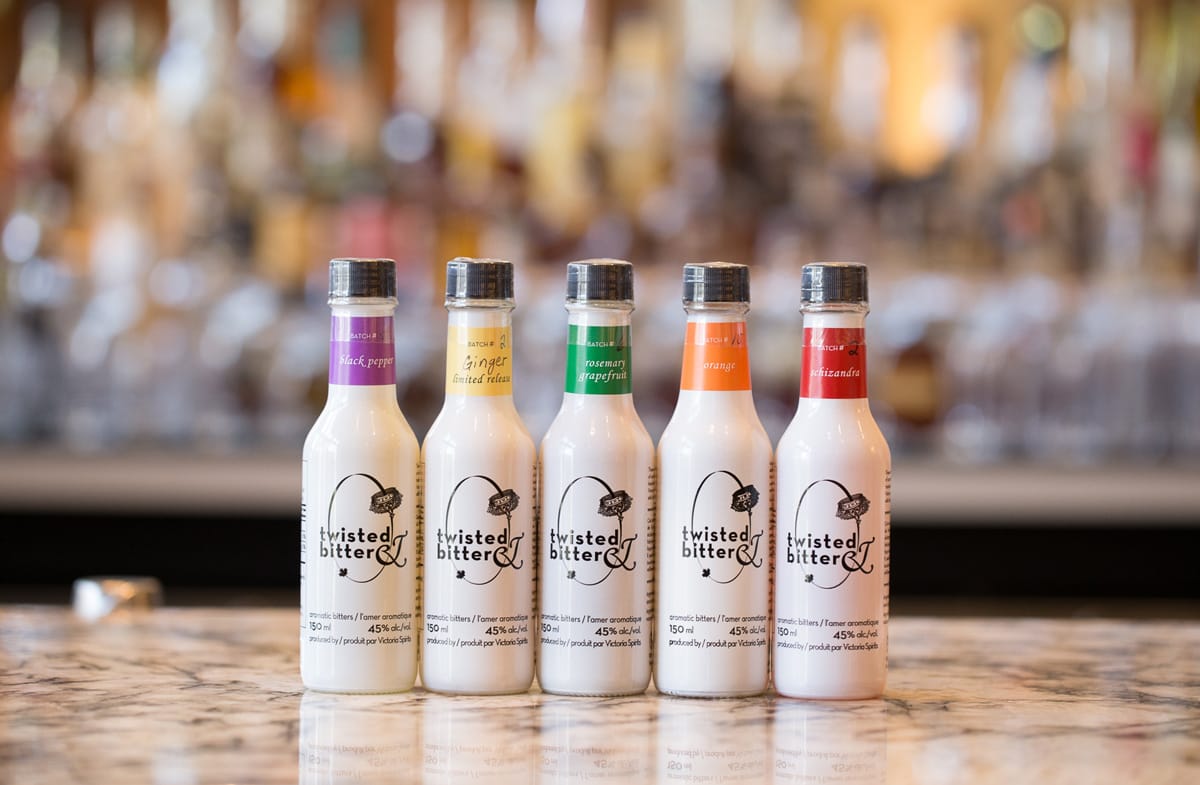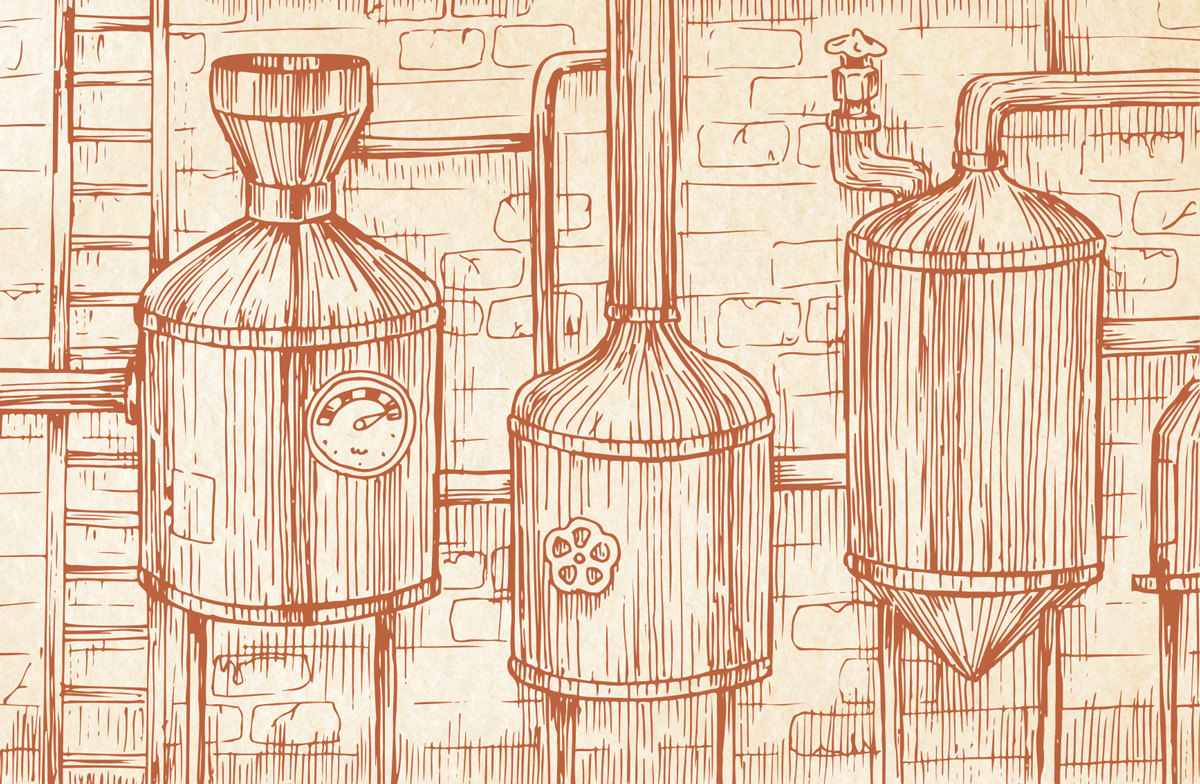Why you should be drinking vermouth made in B.C.
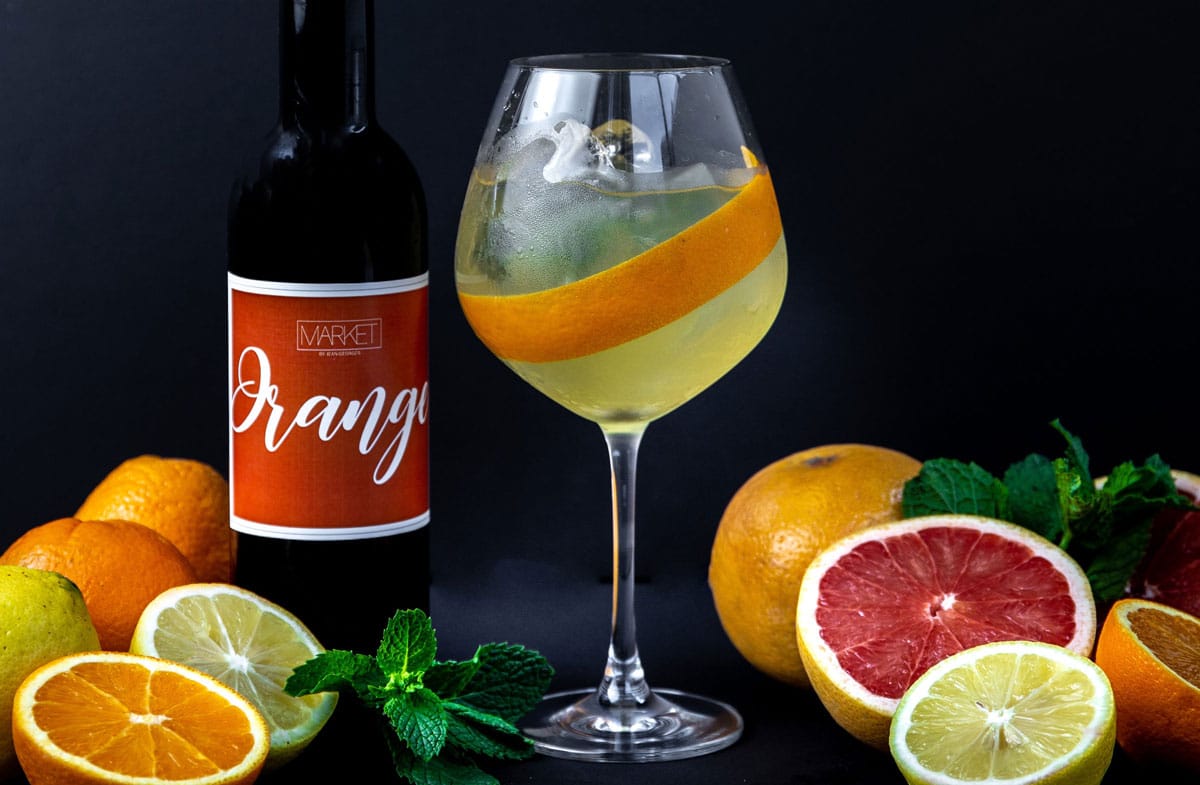
More than 200 years ago, wine drinkers in Turin and Marseille started adding bittering and flavouring botanicals to wine fortified with spirit, to make an entirely new drink. The styles they created—a sweeter, reddish-brown style in Italy and a drier white-wine version in France—are iconic today, and collectively known as vermouth, a term that comes from the root word for wormwood, which is synonymous in many languages with “bitter.”
Now enjoying a renaissance thanks to cocktail mixology and the Spanish-driven trend for sipping them solo or as a spritz, vermouths should have a place on your back bar. (Actually, in your fridge, where a red vermouth will stay fresh for several months, and white vermouth for several weeks after opening.) Here are three new and three favourite B.C. bottlings to try.


